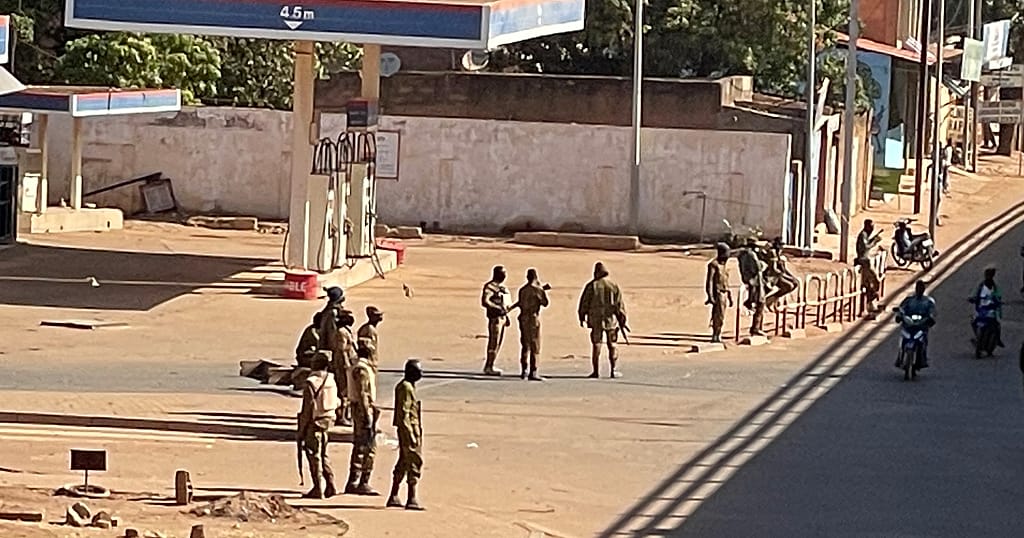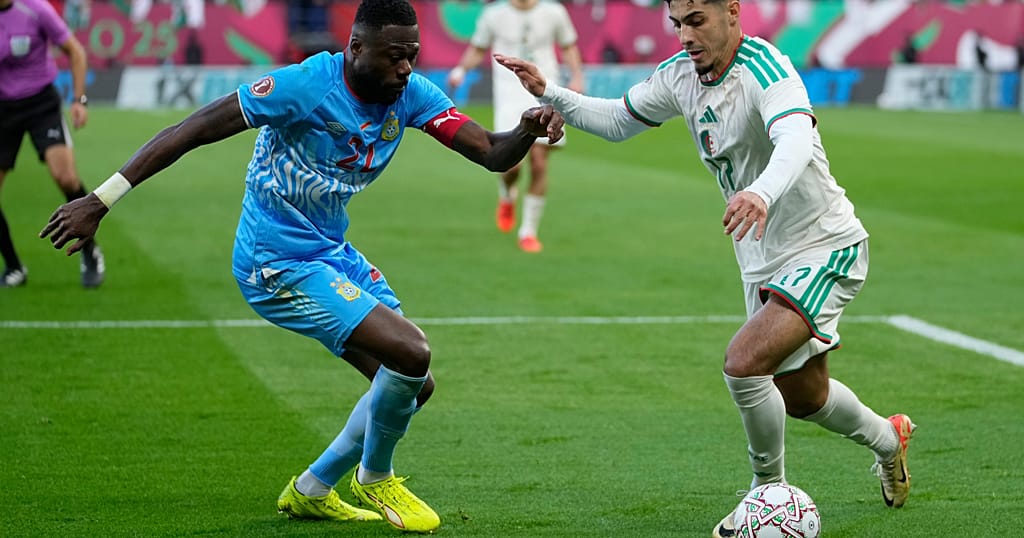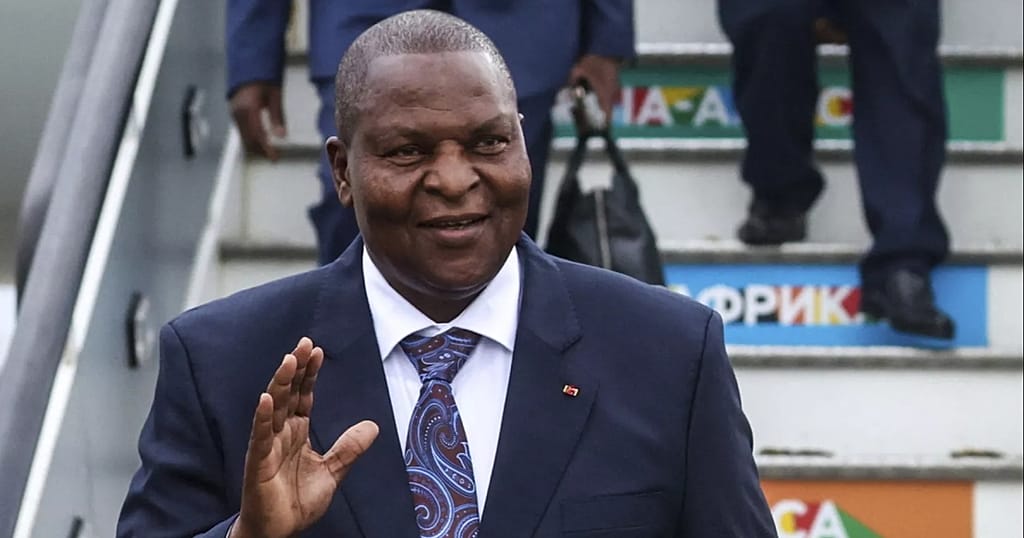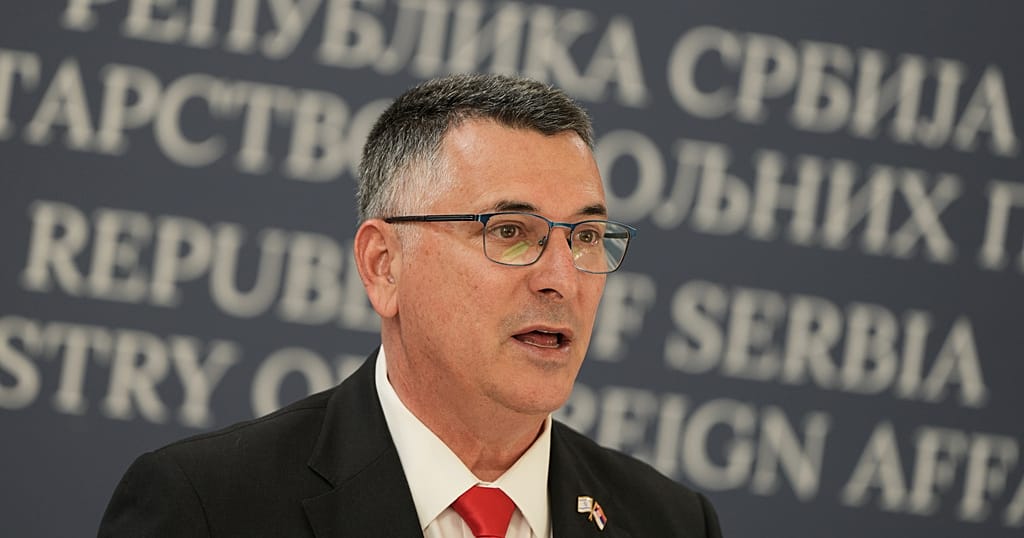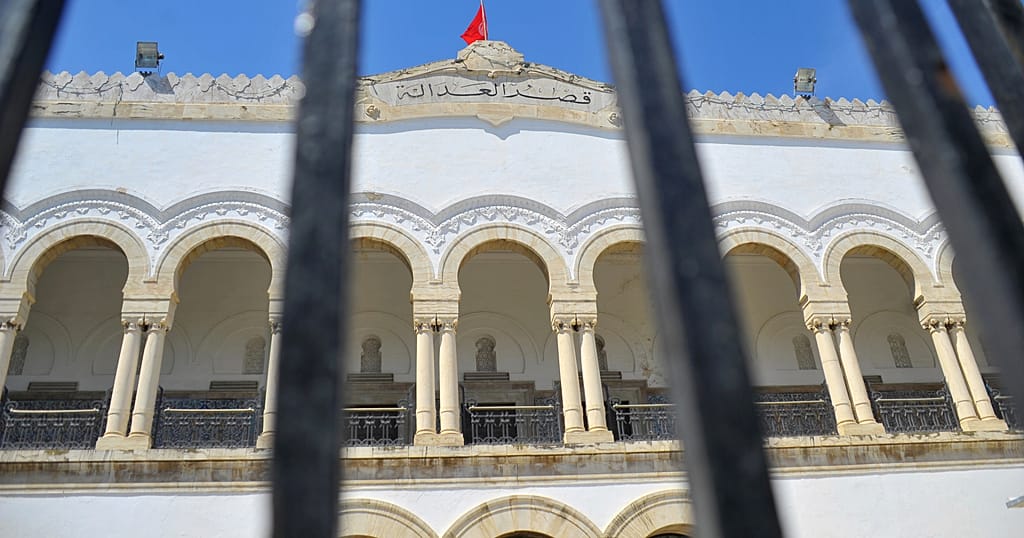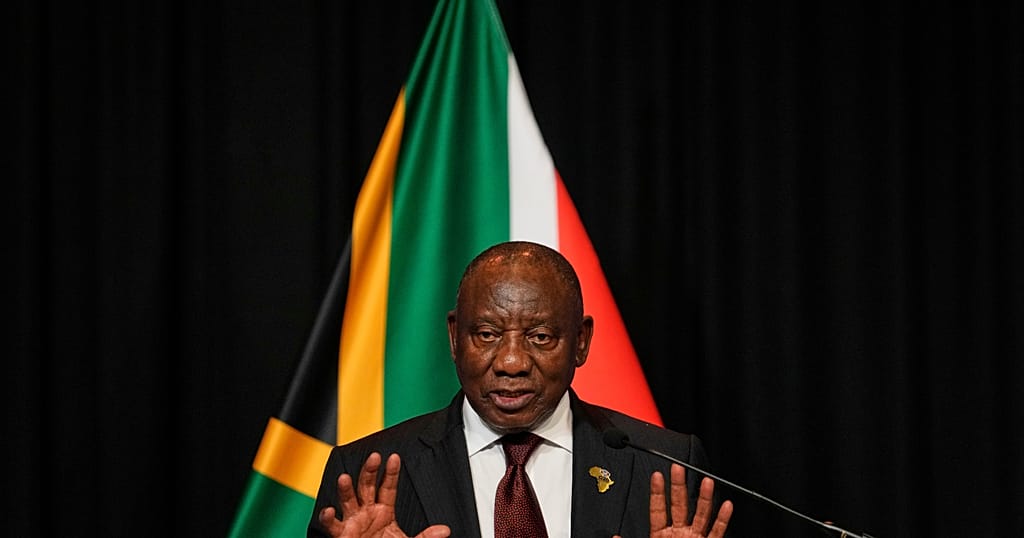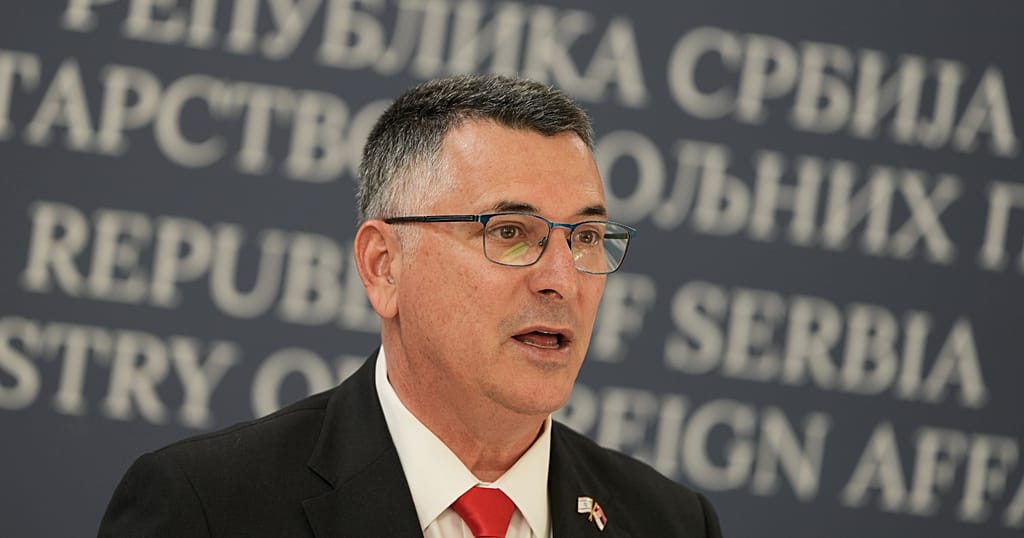Burundi 2040: Is Corruption Undermining the Vision? [Business Africa]
![Burundi 2040: Is Corruption Undermining the Vision? [Business Africa] Burundi 2040: Is Corruption Undermining the Vision? [Business Africa]](https://static.euronews.com/articles/stories/08/88/17/22/1024x538_cmsv2_6ed3d27f-a564-55fe-b7c8-46646c891e11-8881722.jpg)
In this edition of Business Africa, we explore the ambitions of Burundi, which aims to transform its agricultural economy into an industrial one by 2040, despite challenges such as corruption and the need for improved resource management. We also focus on Burkina Faso, where industrialization through crowdfunding is taking shape with a tomato processing factory, marking a step toward economic sovereignty. Finally, we dive into the leather and footwear sector in Nigeria, where the Made in Nigeria Shoe Expo is opening up opportunities for a local industry ready to expand internationally.
Burundi 2040: An Ambitious Vision Between Hope and Challenges
On December 5th and 6th, Burundi held a roundtable to attract investors and mobilize funding with the goal of becoming an emerging country by 2040. President Evariste Ndayishimiye emphasized the importance of a balanced partnership to develop an industrial economy while ensuring sustainable development. However, challenges remain, including low economic growth and high inflation, as highlighted by economist Diomède Ninteretse, who warned of the loss of purchasing power for Burundians. A report by Michael Dibie.
Gabriel Rufyiri, president of OLUCOME, highlights the devastating effects of corruption on Burundi’s economy: “Corruption annihilates all development efforts.” According to him, despite international funding promises, the real challenge lies in implementing concrete governance reforms. He believes that budget austerity and better public resource management, particularly through digitalization, are key to reviving the Burundian economy.
Burkina Faso: Toward Industrial Sovereignty
In Burkina Faso, industrialization through crowdfunding has taken a major turn with the commercialization of the first locally produced tomato paste.
This project, supported by an investment of over 7.5 billion FCFA, symbolizes a commitment to economic sovereignty, as Aziz Nignan points out: “We are forging a new way of thinking about our development, a sovereign development based on constructive solidarity.” This endogenous model, which involves every Burkinabe in wealth creation, aims to reduce economic inequalities and have a lasting impact on the agricultural sector.
Nigeria Reveals the Potential of Local Leather
The Made in Nigeria Shoe Expo 2024, held in Abuja, highlighted Africa’s untapped potential in the footwear and leather sectors. Despite a global leather market worth $468 billion, Africa currently captures less than $5 billion, far from its potential of 20%. Experts emphasize the importance of locally transforming raw materials to create jobs and generate revenue, as Christopher Tarka explains: “We could generate income by encouraging young people to process these hides themselves.” A report by Michael Dibie.
Source: Africanews


![Global aircraft parts shortage grounds African airlines [Business Africa] Global aircraft parts shortage grounds African airlines [Business Africa]](https://images.euronews.com/articles/stories/09/60/55/34/1024x538_cmsv2_2c48d2fc-7517-58c3-aaa1-2a6ee853cd72-9605534.jpg)

